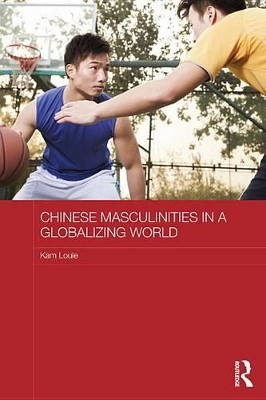Routledge Culture, Society, Business in East Asia
1 total work
This book explores how the traditional ideal of Chinese manhood - the "wen" (cultural attainment) and "wu" (martial prowess) dyad - has been transformed by the increasing integration of China in the international scene. It discusses how increased travel and contact between China and the West are having a profound impact; showing how increased interchange with Western men, for whom "wu" is a more significant ideal, has shifted the balance in the classic Chinese dichotomy; and how the huge emphasis on wealth creation in contemporary China has changed the notion of "wen" itself to include business management skills and monetary power. The book also considers the implications of Chinese "soft power" outside China for the reconfigurations in masculinity ideals in the global setting. The rising significance of Chinese culture enables Chinese cultural norms, including ideals of manhood, to be increasingly integrated in the international sphere and to become hybridised. The book also examines the impact of the Japanese and Korean waves on popular conceptions of desirable manhood in China. Overall, it demonstrates that social constructions of Chinese masculinity have changed more fundamentally and become more global in the last three decades than any other time in the last three thousand years.
